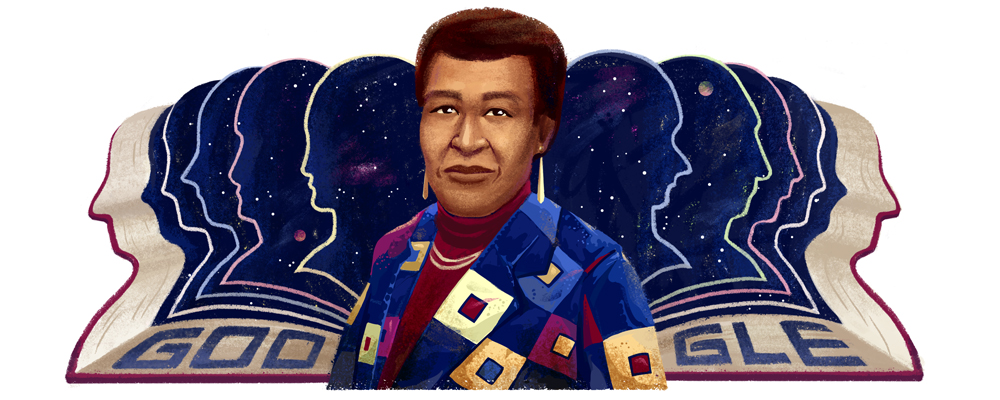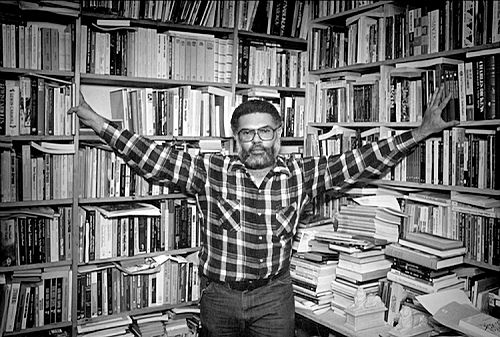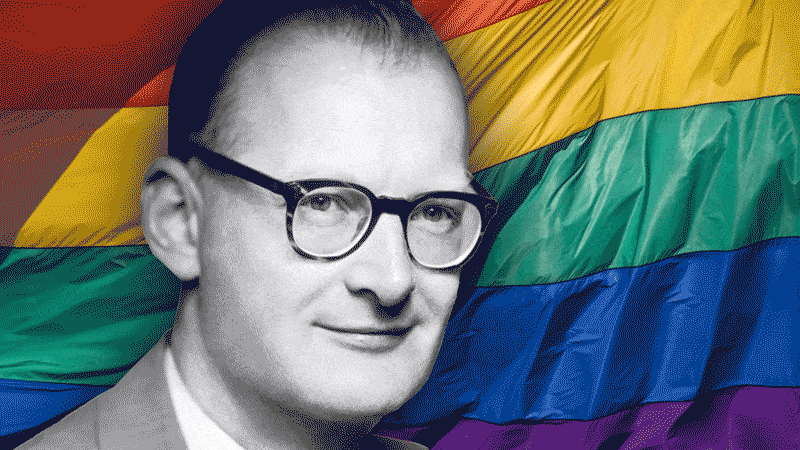
https://garage.vice.com/en_us/article/d3ekbm/octavia-butler
In this 1980 essay, Octavia Butler talks about the lack of racial diversity in SF and the reasons for this problem. I found that what she said about authors being told to only use black characters if that was crucial to their character or the storyline really poignant. It’s striking to me that this article was written in 1980 and I think we still see this trend today. I believe that just in recent years there has been a bigger push for characters of color whose race is not crucial to their plot line to be portrayed in literature, film, and TV.
One part of the article that I really enjoyed was when Butler argued that addressing race in SF cannot be done effectively by having white humans interact with an alien race. She argues that even if the author intends for readers to see this as a commentary on racial relations within the human race, the readers will not see it this way. That is because this is SF and if you describe an alien race, people will see that race as alien with tentacles and three eyes and an extra set of arms. This made a lot of sense to me because I think quite a few authors do try to use that technique to address social issues, but we will only really see progress once we get past that way of dancing around the problem. This article reminded me of Butler’s novel Dawn, which I read about a year ago. In Dawn, Butler imagines a meeting between the last remaining humans and their alien captors. The novel does deal a lot with race, humanity, and what it would mean for humans to breed with another race. Butler does all this with a black female lead character. She doesn’t use the presence of an alien race as the only way to discuss race. Instead, she accurately represents the human race by including characters of color. On top of all this, Dawn forces us to think critically about humanity, gender, consent, and a plethora of other social topics.




